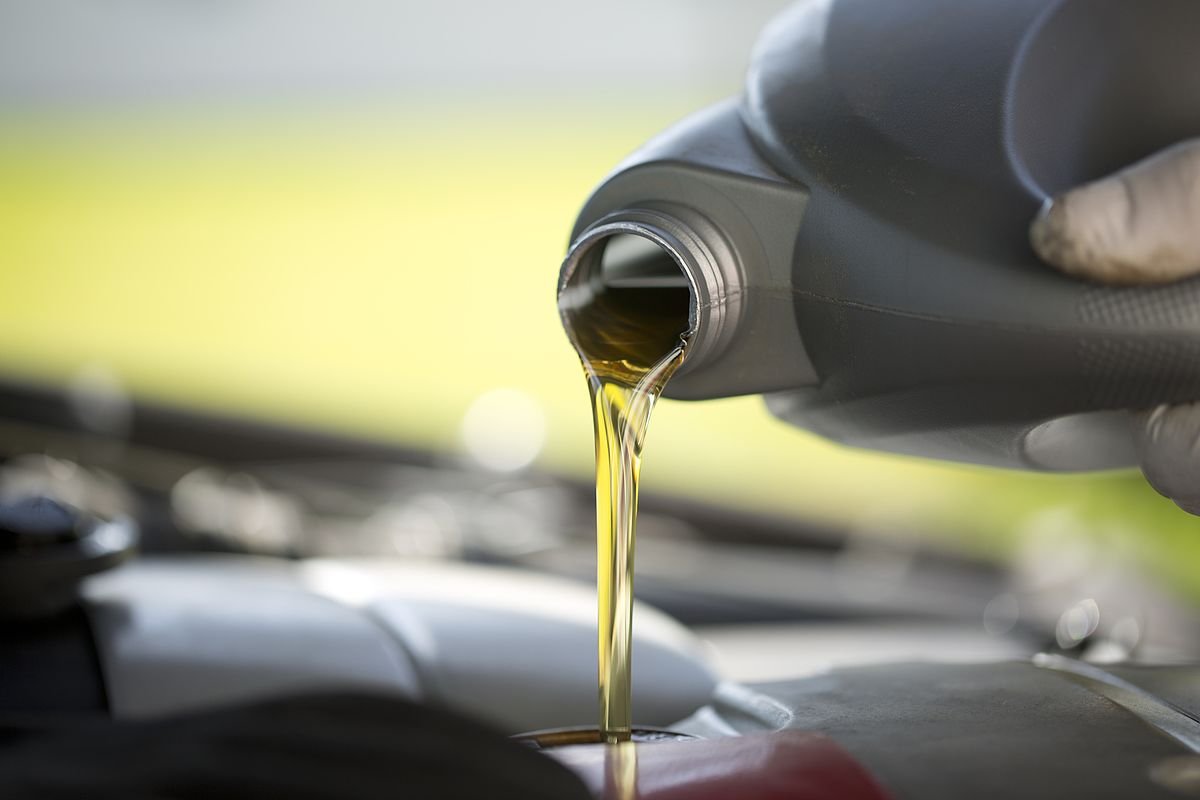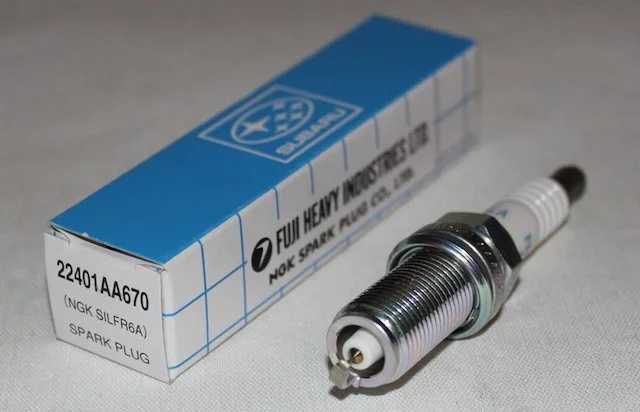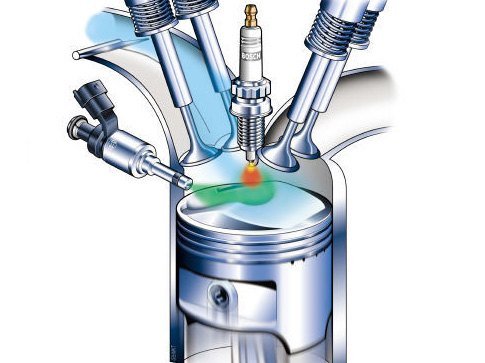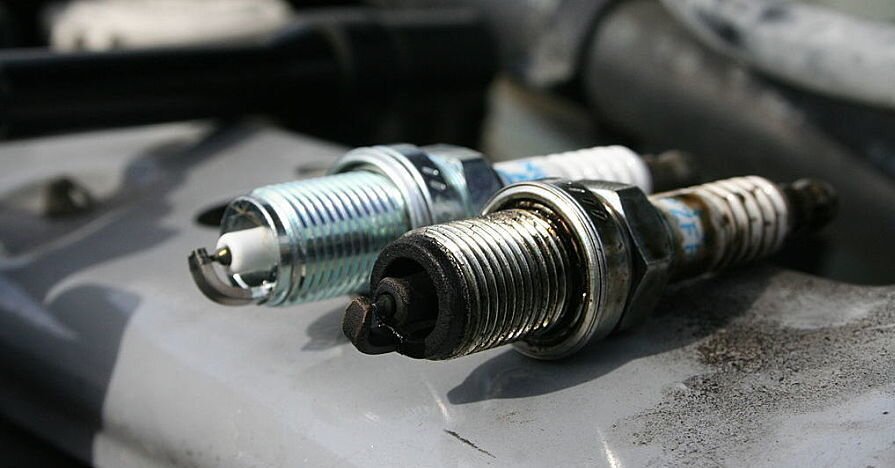Oil leaks
Your vehicle's engine is the heart of your car, and keeping it in good condition is essential for optimal performance and longevity. One issue that can arise with any car is an oil leak. Oil leaks can occur for many reasons, including worn gaskets, damaged oil seals, or a faulty oil pan. Regardless of the cause, it's essential to fix oil leaks as soon as possible. Here are some reasons why.
Protecting the Engine
Your engine relies on oil to lubricate its many moving parts. If your car is leaking oil, the engine may not receive the proper amount of lubrication it needs to function correctly. Over time, this can cause increased wear and tear on the engine, which can result in costly repairs or even engine failure. By fixing oil leaks promptly, you can help ensure that your engine stays healthy and runs smoothly for years to come.
Maintaining Optimal Performance
A well-maintained engine is essential for optimal performance. When your car is running smoothly, you'll enjoy a comfortable and reliable ride. However, when your vehicle is leaking oil, you may notice a decrease in performance. Oil leaks can lead to reduced fuel efficiency, decreased power, and even stalling. By fixing oil leaks, you can help maintain optimal performance and ensure your car runs as smoothly and efficiently as possible.
Saving Money in the Long Run
While fixing oil leaks may seem like an unnecessary expense, it can save you money in the long run. If left unchecked, oil leaks can cause significant damage to your engine, which can be costly to repair or replace. Additionally, oil leaks can lead to decreased fuel efficiency, which can result in higher fuel costs over time. By fixing oil leaks promptly, you can prevent further damage and save money in the long run.
Preserving the Environment
Oil leaks can be harmful to the environment. When oil leaks from your car, it can contaminate the ground, water, and air. The oil can also harm wildlife and vegetation in the surrounding area. By fixing oil leaks promptly, you can help prevent environmental damage and reduce your impact on the planet.
Ensuring Safety
Oil leaks can be hazardous, especially if the oil drips onto hot engine components or the road surface. This can cause a fire hazard or make the road surface slippery, leading to a potential accident. By fixing oil leaks, you can ensure your safety and the safety of those around you.
Conclusion
In conclusion, fixing oil leaks is essential for protecting your engine, maintaining optimal performance, saving money in the long run, preserving the environment, and ensuring safety. If you notice that your car is leaking oil, it's important to have it inspected by a qualified mechanic as soon as possible. By taking care of your car and addressing any issues promptly, you can enjoy a safe, reliable, and comfortable ride for years to come.













